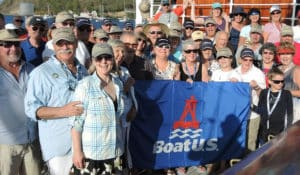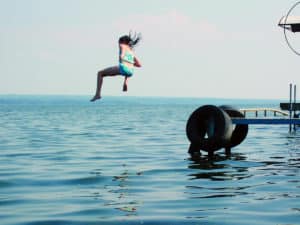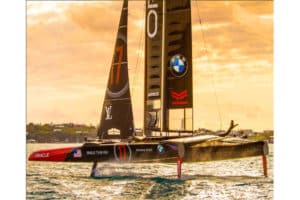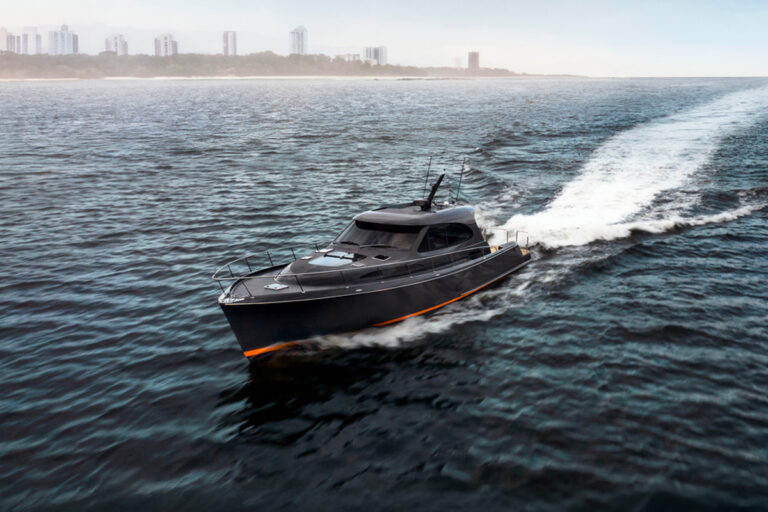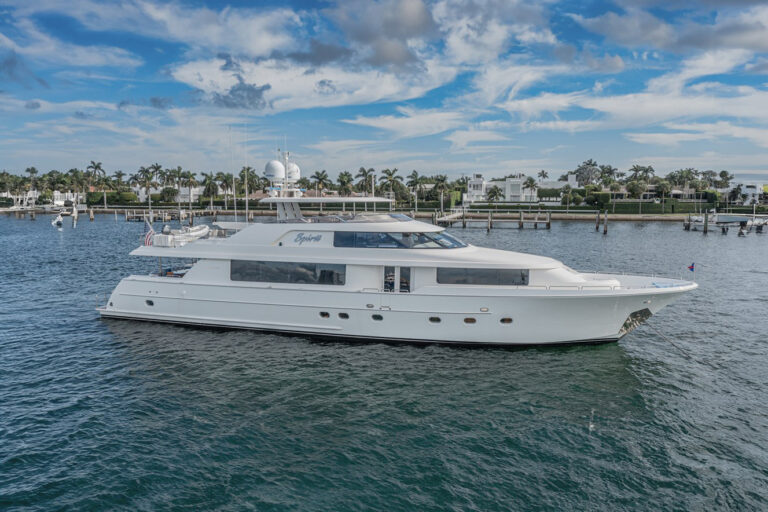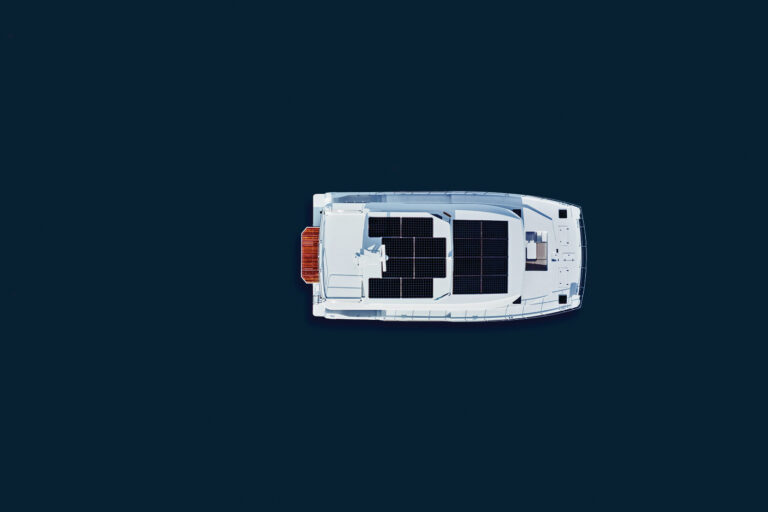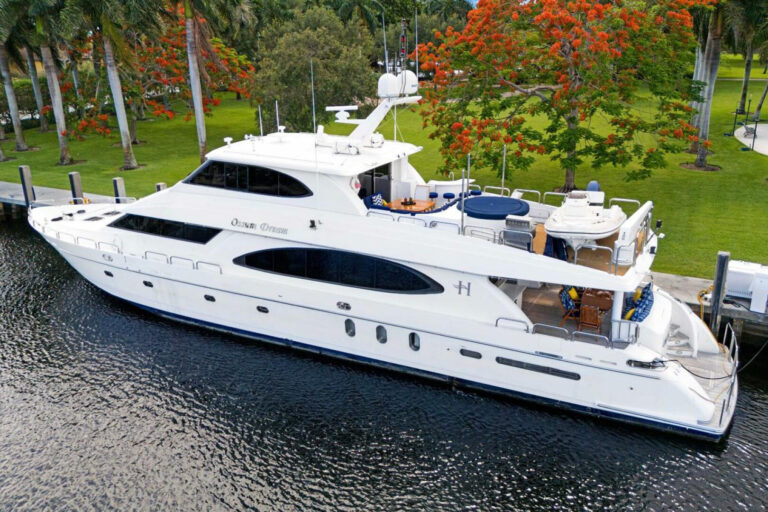
how safe gets that way
“I will have no man in my boat,” said Starbuck, “who is not afraid of the whale.”
_ ~Herman Melville – Moby Dick_
It may seem strange to start my second blog post in a blog about safety by saying this – but it needs to be said. Safety doesn’t come first. I know; blasphemy – but hear me out. After twenty years involved in one aspect or another of maritime safety, I can tell you that it isn’t that simple. You can’t give it a place in line. It’s not as if you can take care of safety issues, then press on to whatever is next and be done. And it’s not “safety always,” either. Nor is safety “the most important thing.” If it were, we would never leave the dock. The chances of being in a maritime accident drops to zero if you stay off of boats.
This all may seem like semantics, but there is an important distinction to be made between the word safety and the concept of operating safely on the water. If anything comes first, it is what Melville wrote of in Moby Dick 160 years ago; “…the fair estimation of the encountered peril.” You have to first fully understand what is unsafe about boat operations. You have to first understand the environment. First, you have to fully appreciate – exactly the right word – the encountered peril, and then you will understand what is safe and what isn’t and operate accordingly.
Safety needs to be intuitive – but intuition works best when it is informed. Your intuition needs training. That is the fundamental difference between safe boaters and the risky boaters; a safe boater fully understands and considers the hazards, and makes decisions about risk based on that understanding.
Every year the USCG calls off searches for boaters who seemed to do everything right. They left the marina with safety in mind, with all the right gear, and seemingly every box checked, only to be taken down by what they didn’t consider. I can name more than a dozen boats – from memory – whose registered EPIRB did nothing but tell us where to start a fruitless three-day search. Why? They weren’t afraid – or afraid enough – of the environment they were operating in. They were not afraid of the whale, and it bit them.
So first things will be first and that means fully understanding what is safe and what isn’t about the lakes, rivers, bays, and oceans we go out on. Up next will be what is perhaps the most misunderstood issue in all of boating – cold water and hypothermia. This one will contain critical information – even if you’re cruising in South Florida – about this often overlooked peril, and be the real first step in every safe trip you take from here on out.
Read more posts from Vittone’s Safe Returns blog here.

